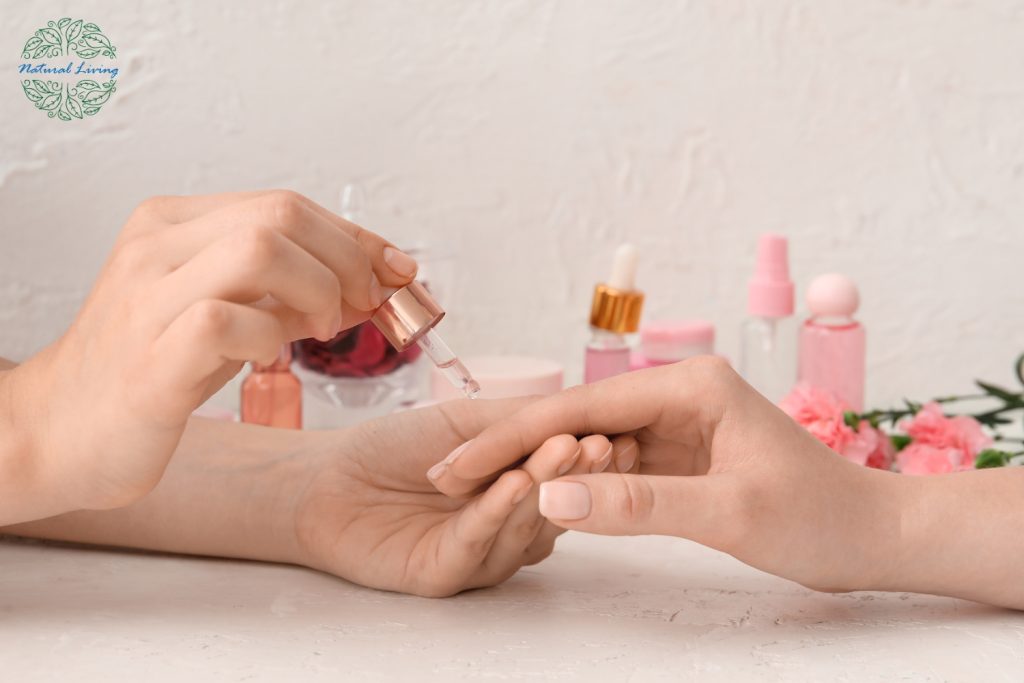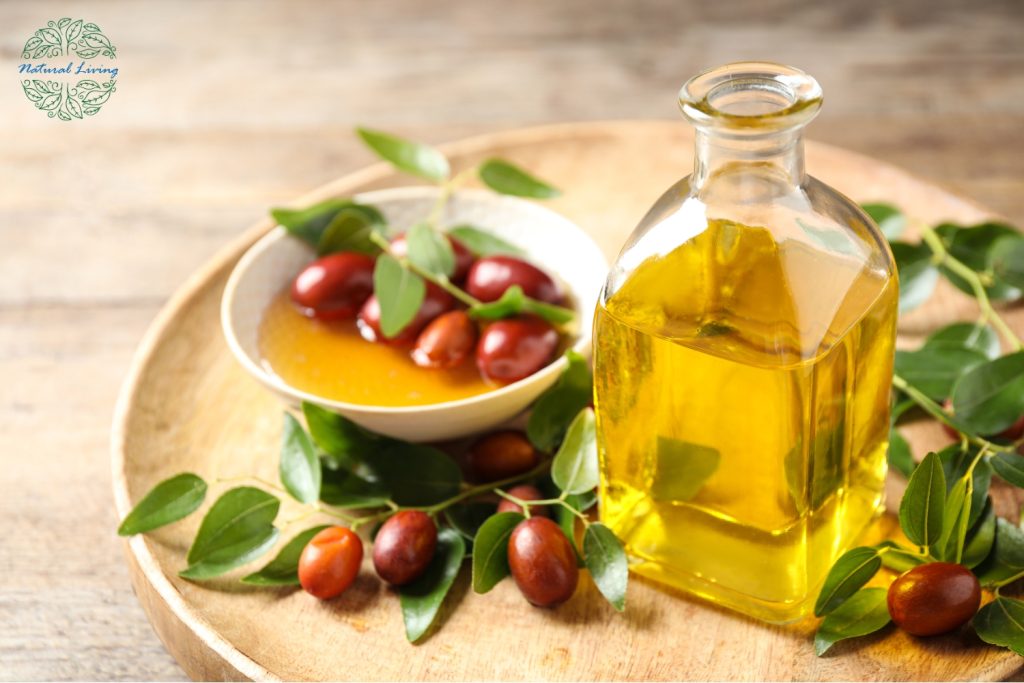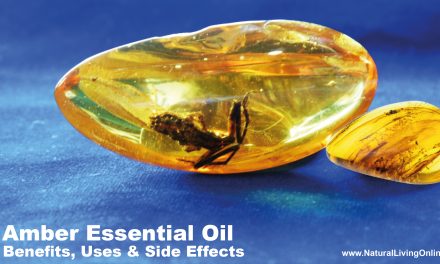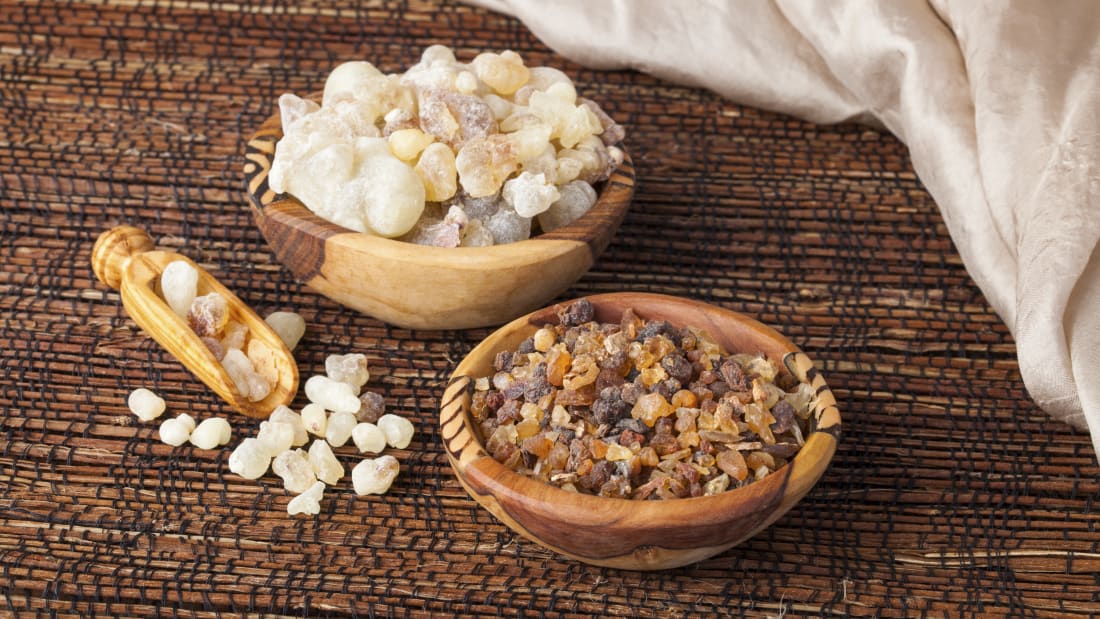Jojoba oil has garnered attention for its versatile use in skincare and beauty routines, famed for its similarity to the sebum produced by human skin. Extracted from the seeds of the jojoba plant, it has become a staple in various products for its moisturizing properties and stability, resisting rancidity. Unlike many other oils that can degrade quickly, jojoba oil maintains a long shelf-life, making it a convenient and cost-effective option for personal care.
While it’s praised for its moisturizing benefits, jojoba oil also has a reputation for its potential to soothe sunburned skin, thanks to the vitamin E and anti-inflammatory agents it contains. Its uses span from hair and nail treatments to skin remedies, addressing issues such as dryness and irritation. Additionally, the oil is often well-tolerated by many different skin types, with minimal side effects reported. However, like with any natural product, it is crucial to be aware of possible allergic reactions and to test it on a small area first.
Key Takeaways
- Jojoba oil is a long-lasting moisturizer similar to human sebum.
- The oil is used for a variety of skin and hair treatments due to its properties.
- While generally safe for use, it’s important to test for possible allergies.
Jojoba Oil Profile

Botanical Name: Simmondsia chinensis
Family: Simmondsiaceae
Common Names: Jojoba oil, Goat nut oil, Deer nut oil, Wild hazel oil
Plant Description: Jojoba is a perennial shrub native to the deserts of North America, specifically the southwestern United States and northern Mexico. The plant can grow up to 3 meters (about 10 feet) tall and has a dense, evergreen foliage with leathery leaves. It produces small, greenish-yellow flowers and a nut-like seed, from which the oil is extracted.
Oil Description: Jojoba oil is a liquid wax ester rather than a true oil. It is golden in color when in its natural state and becomes clear when refined. The oil is known for its long shelf life and stability.
Extraction Method: The oil is extracted from the seeds of the jojoba plant through cold pressing. This method helps preserve its beneficial properties.
Chemical Composition
Jojoba oil primarily consists of long-chain fatty acids and fatty alcohols. The key components include:
- Eicosenoic acid (about 70%)
- Docosenoic acid (about 20%)
- Oleic acid (about 10%) Additionally, it contains small amounts of vitamins A, D, and E, which contribute to its antioxidant properties.
Properties
- Emollient: Jojoba oil is highly effective in moisturizing the skin, making it smooth and supple.
- Non-comedogenic: It does not clog pores, making it suitable for all skin types, including acne-prone skin.
- Antibacterial: Contains antimicrobial properties that help control bacterial growth on the skin.
- Anti-inflammatory: Helps reduce redness and inflammation, beneficial for skin conditions like eczema and psoriasis.
- Antioxidant: Protects the skin from oxidative stress and environmental damage.
Benefits of Jojoba Oil
Jojoba oil is renowned for its hydrating properties and its ability to provide essential nourishment to both skin and hair. Extracted from the seeds of the jojoba plant, its composition is remarkably similar to that of human sebum, making it a natural and effective moisturizer.
Skin Hydration and Moisturization

Jojoba oil serves as an excellent moisturizer for all skin types, thanks to its rich content of fatty acids and natural emollients. It can help to restore the skin’s balance without creating an oily sheen. Individuals with dry skin may find that jojoba oil provides prolonged hydration, enhancing the skin’s elasticity and helping to retain moisture throughout the day.
Hair Nourishment
When it comes to hair care, jojoba oil is a powerhouse ingredient. It conditions the hair, providing much-needed nourishment to hair follicles which can promote a healthier scalp and strands. The vitamin E and antioxidants in jojoba oil also work to protect the hair from environmental stressors, while its hydrating properties help to prevent dryness and improve the hair’s overall luster and strength.
Uses of Jojoba Oil
Jojoba oil is a versatile substance often incorporated into skincare and therapeutic products. Its unique chemical composition makes it advantageous for a range of applications.
Cosmetic Applications
In the realm of beauty, jojoba oil is prized for its moisturizing and emollient properties. It’s found in various products including lotions, creams, and other oils that aim to hydrate the skin. Jojoba oil serves as an effective makeup remover, dissolving substances without drying the skin. When used as a carrier oil, it can dilute essential oils for safe topical application, enhancing the benefit of the essential oils while simultaneously conditioning the skin.
- How to use: Apply a few drops to a cotton ball and swipe gently to remove makeup.
- Products: Look for jojoba in the ingredients list of natural skincare items.
Therapeutic Purposes
Therapeutically, jojoba oil is incorporated for its soothing and healing abilities. It’s often used as a primary ingredient in products formulated to treat conditions like eczema or psoriasis due to its anti-inflammatory properties. Additionally, its antioxidant content may aid in skin repair and damage prevention.
- Products: Jojoba oil can be found in balms and salves aimed at skin recovery.
- How to use: Massage a small amount onto affected areas or mix with other therapeutic oils.
Side Effects and Considerations
While jojoba oil is widely regarded for its moisturizing and skin-soothing properties, there are certain side effects and scenarios where it should be used with caution. Knowing when and how to use jojoba oil can help prevent any potential negative reactions.
Potential Allergic Reactions
Some individuals may experience an allergic reaction to jojoba oil, which might manifest as a skin reaction such as redness, itching, or hives. It is essential to conduct a patch test before using jojoba oil extensively. This can be done by applying a small amount to the skin and waiting for 24 hours to observe any adverse effects. If a reaction occurs, discontinue use and consult with a dermatologist or healthcare provider.
When to Avoid Jojoba Oil
Jojoba oil is generally considered safe for most people; however, there are specific situations in which one should refrain from using it. For instance, those who are breastfeeding should consult with a healthcare professional before application, as there is limited research on the effects in this scenario. Moreover, if a dermatologist advises against the use of jojoba oil due to a particular skin condition or sensitivity, their recommendation should be strictly followed.
Jojoba Oil for Specific Skin Conditions

Jojoba oil has gained recognition for its role in skin care, particularly due to its moisturizing properties and potential to alleviate various skin conditions. Rich in vitamins and minerals, it serves as a beneficial ingredient for those looking to manage specific skin issues.
Acne Management
In the context of acne, jojoba oil’s balancing effect on oil production can be particularly advantageous. As an anti-inflammatory and antimicrobial agent, it helps to reduce skin inflammation and clear bacteria from the pores. Studies suggest that when applied to acne-prone skin, jojoba oil may aid in reducing acne formations.
- Effect on Acne: Helps regulate sebum production and has bacteria-fighting properties.
- Application: A thin layer can be applied to the face, avoiding overuse to prevent excessive oiliness.
Support for Eczema and Psoriasis
For individuals suffering from eczema or psoriasis, jojoba oil can offer soothing relief. Its anti-inflammatory properties aid in calming the skin, while the presence of vitamin E and other nutrients help to nourish and repair damaged skin. Regular application may improve the skin’s natural barrier, thus reducing the occurrence of flare-ups in these conditions.
- Impact on Eczema/Psoriasis: Eases skin dryness and reduces irritation and inflammation.
- Usage Tips: Incorporate into daily skin care routine by gently massaging into affected areas.
Frequently Asked Questions
What are the potential side effects of using jojoba oil on skin?
Though jojoba oil is well tolerated by many, it can sometimes cause an allergic reaction. Signs of an allergic reaction include rash, itching, or swelling.
How can jojoba oil benefit hair health?
Jojoba oil’s properties can help to hydrate hair, prevent dandruff, and support hair thickness by moisturizing the scalp and strengthening the hair follicles.
What are the optimal ways to use jojoba oil for facial care?
For facial care, applying a few drops of jojoba oil as a daily moisturizer can help to maintain skin’s hydration and regulate sebum production, reducing the likelihood of acne.
Can regular daily application of jojoba oil be harmful or beneficial?
Regular application of jojoba oil is generally considered beneficial, as it can promote healthier skin, providing hydration and antioxidant protection. However, moderation is key to avoid over-saturating the skin.
Are there any adverse effects associated with using jojoba oil on hair?
While jojoba oil is largely beneficial for hair, overuse can potentially lead to an oily scalp or hair. It’s important to apply it sparingly and adjust the quantity based on individual hair type.
Does incorporating jojoba oil into skincare help with hyperpigmentation issues like dark spots?
Jojoba oil can help with hyperpigmentation and dark spots, as it contains antioxidants that aid in skin repair and rejuvenation.
References:
Jojoba Oil: An Updated Comprehensive Review on Chemistry, Pharmaceutical Uses, and Toxicity
Anti-Inflammatory and Skin Barrier Repair Effects of Topical Application of Some Plant Oils
Jojoba oil as an organic, shelf stable standard oil-phase base for cosmetic industry
This website does not provide medical advice.
All information provided on this website, and on associated social media networks, including but not limited to texts, images, and numbers are for general information purpose only. It is not intended as medical advice and it does not include all possible precautions, side effects, or interactions that may occur. Neither NaturalLivingOnline.com nor its author/founder take responsibility for how you use this information. Statements contained on NaturalLivingOnline.com have not been evaluated by the FDA. You should conduct thorough research via multiple sources and consult your physician or qualified doctor before using any essential oil or herbal remedy. Information on NaturalLivingOnline.com must not be relied upon for medical, legal, financial or other decisions.













